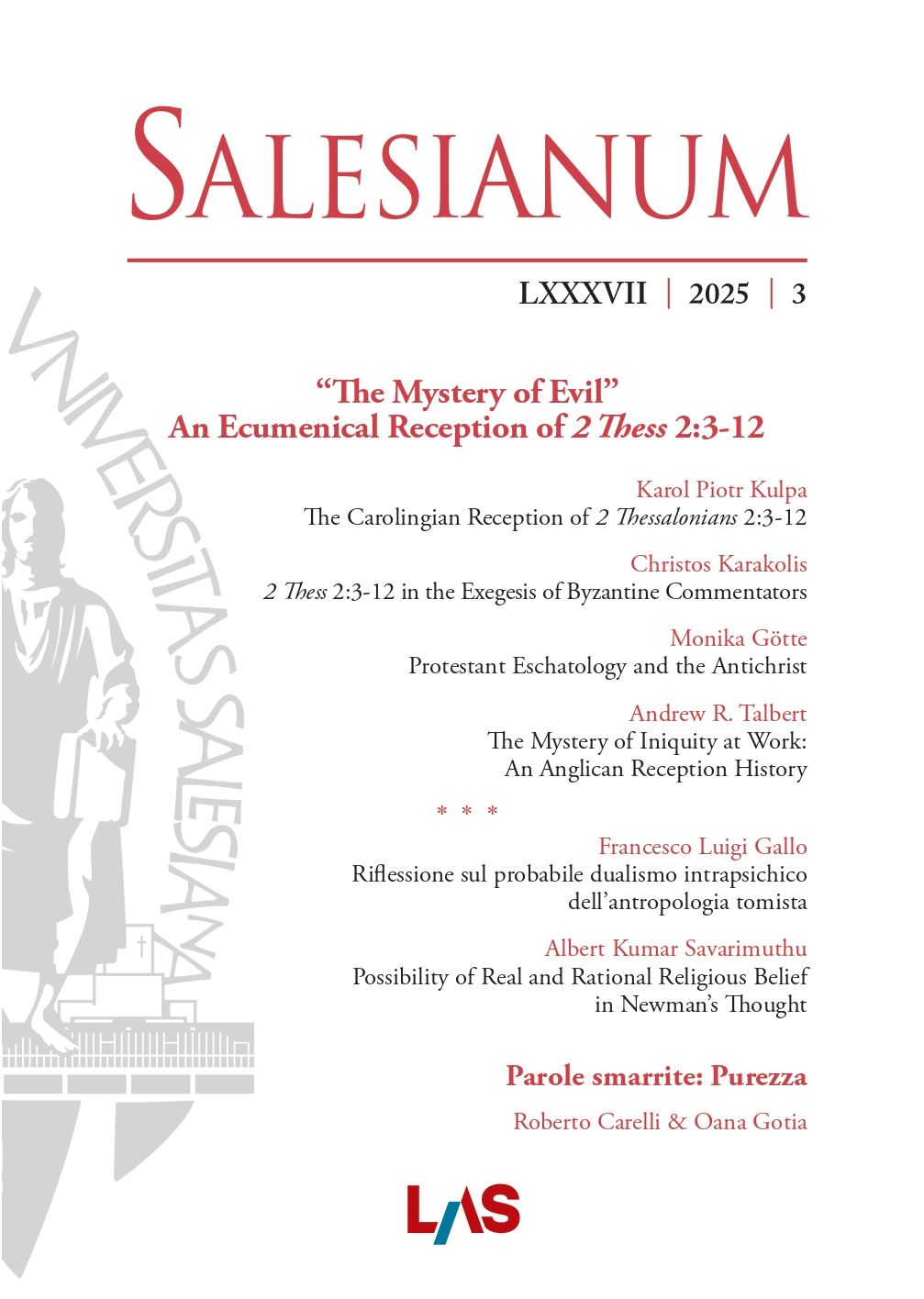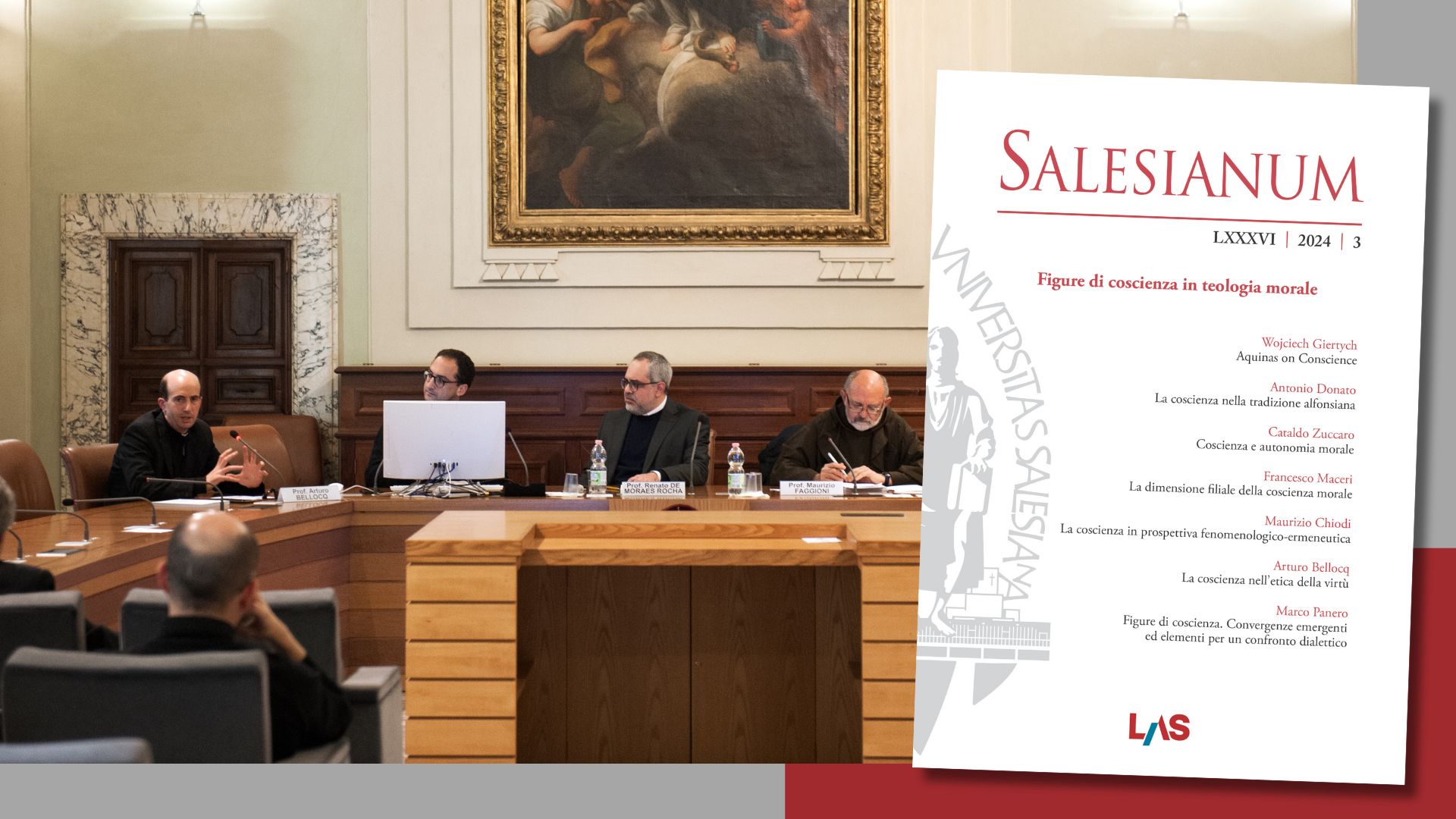Purezza, la luce dell’amore
Purity, Light of the Love
Salesianum vol. 87 (2025) n. 3, 614-626Sezione: Commentaria
Sommario
In contrasto con l’accezione negativa con cui la cultura post-moderna pensa la purezza – non essere, non fare, non sentire –, il vero concetto di purezza che la Chiesa propone è squisitamente umano e positivo. La purezza è un vero faro per la persona, creata per vivere in pienezza l’amore e la sessualità. Solo attraverso la virtù della purezza e le altre virtù si può contrastare quella tendenza disumanizzante a distorcere le relazioni e a rinchiudere sé stessi e gli altri all’interno di una relazione di consumo del piacere, da oggetto a oggetto. Per questo la purezza di cuore è al contempo divina e umana: è frutto dello Spirito Santo, la cui presenza ci è data per rafforzare la virtù stessa della purezza. L’educazione alla purezza diventa così introduzione alla realtà più profonda nel cuore del bambino: l’amore pieno che egli desidera.
Parole chiave
Integrazione | Libertà | Desiderio | Amore | Grazia
Abstract
In contrast to the negative terms in which post-modern culture thinks of purity – not being, not doing, not feeling – the true concept of purity that the Church proposes is exquisitely human and positive. Purity is a true beacon for the person, created to experience love and, therefore, sexuality in its fullness. It is only through the virtue of purity and the other virtues that we are able to block that dehumanizing tendency to distort relationships and to enclose ourselves and others within a pleasure-consuming, object-to-object relationship. This is why purity of heart is both divine and human: it is the fruit of the Holy Spirit, whose presence is given to us to strengthen the virtue of purity. Education in purity thus becomes an introduction to reality, to the deepest reality in the heart of the child: the full love he desires.
Keywords
Integration | Freedom | Desire | Love | Grace


